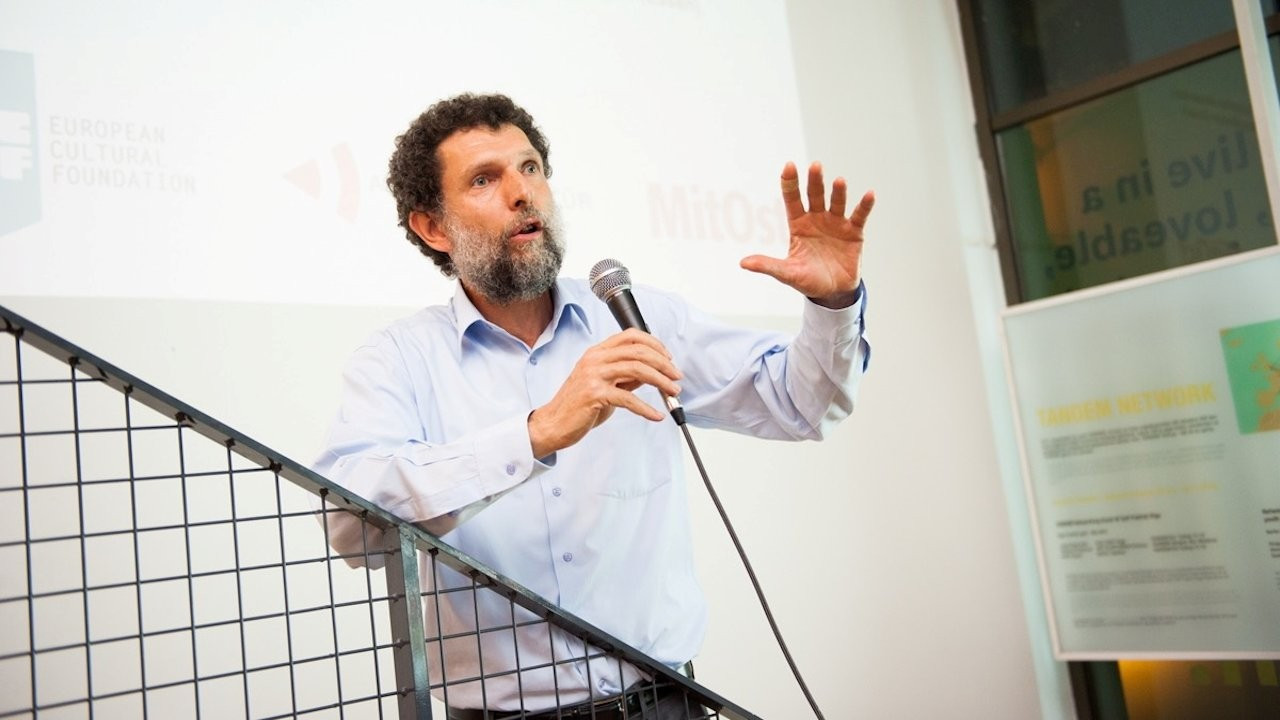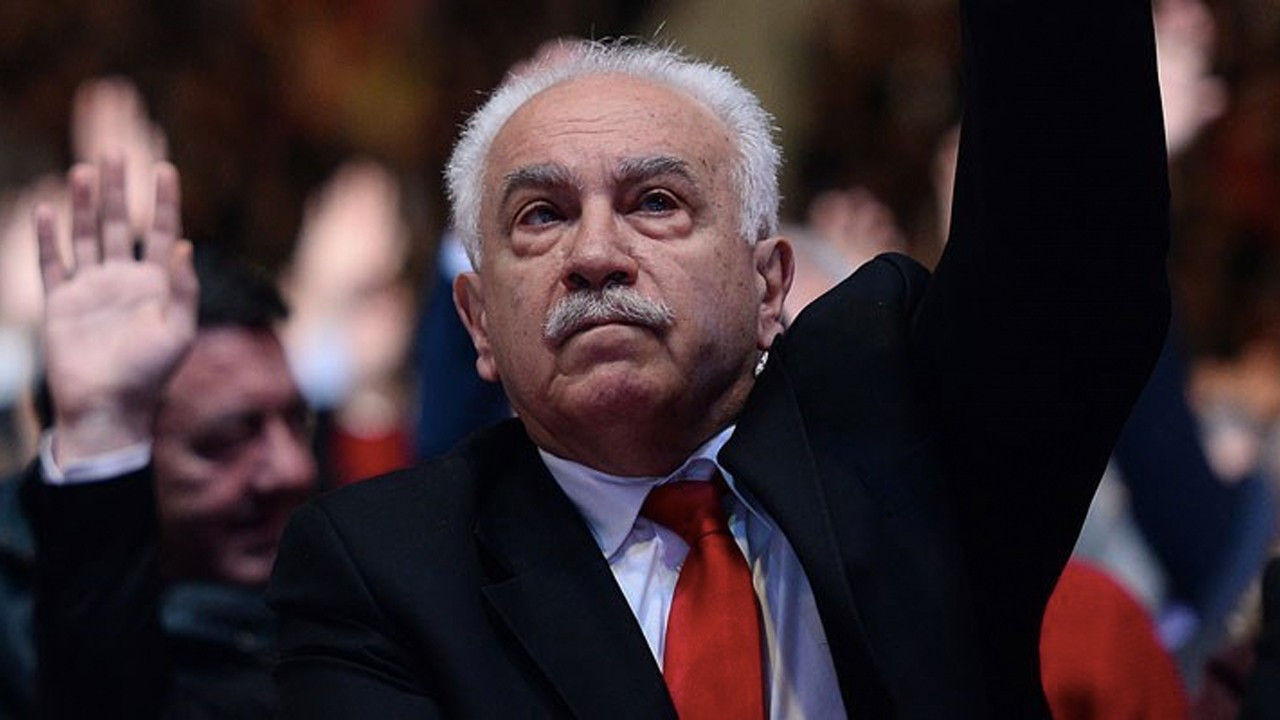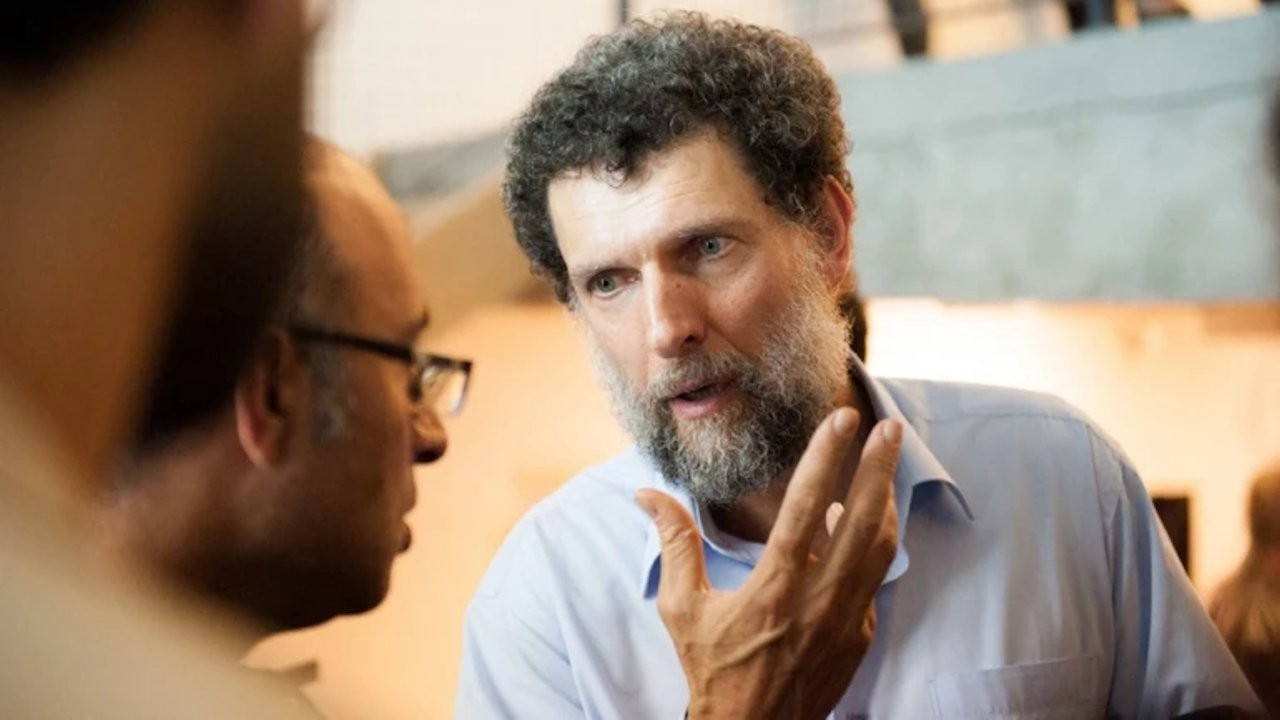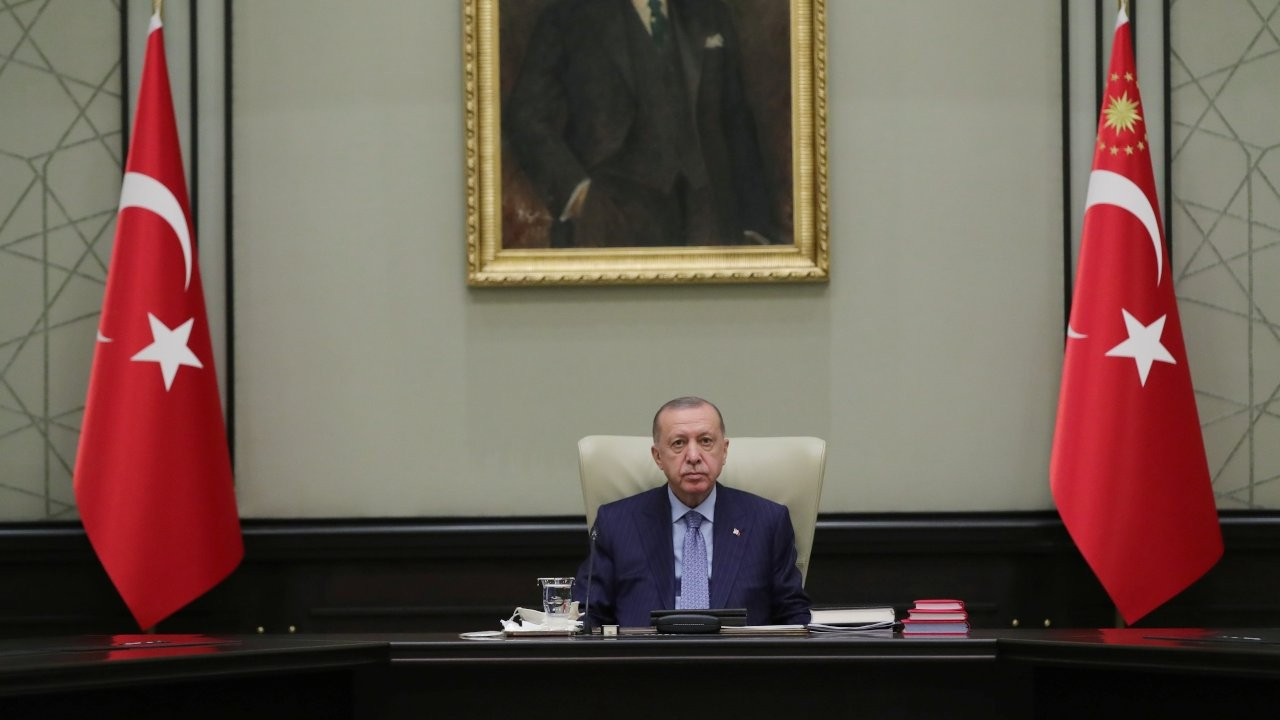Dutch PM says envoys did not step back from Kavala statement, will make similar 'warnings' in future
Dutch PM Mark Rutte has talked with Turkish President Recep Tayyip Erdoğan about the Western envoys' call for philanthropist Osman Kavala's release, saying the Netherlands will continue to make “similar warnings in the future.”
Duvar English
Dutch Prime Minister Mark Rutte has said that 10 ambassadors from Western countries have not taken a step back from their statement on the jailed Turkish philantrophist Osman Kavala, vowing to make “similar warnings in the future,” BBC's Turkish service reported on Nov. 1.
Rutte made the comments as he answered reporters' questions following his meeting with Turkish President Recep Tayyip Erdoğan at the G-20 summit in Rome on Oct. 31.
“I told Erdoğan that the Netherlands has always the right to draw attention to the European Court of Human Rights (ECHR) decisions. We think that this is not an intervention in internal affairs, but the confirmation of universal values. Moreover, I told him [Erdoğan] that we will also continue to do this in the future. This is a part of bilateral relations,” Rutte told reporters.
A row between Turkey and 10 Western envoys, including Dutch ambassador Marjanne de Kwaasteniet, began after the latter called for the release of Kavala in an October statement. Afterwards, Erdoğan said that he had ordered the envoys to be declared "persona non grata.”
The crisis was averted after the foreign embassies released a second statement saying they abide by diplomatic conventions on non-interference.
"The United States notes that it maintains compliance with Article 41 of the Vienna Convention on Diplomatic Relations," the U.S. Embassy said on Twitter on Oct. 25. The other embassies published similar messages or retweeted the U.S. message.
Following this message, Erdoğan rowed back from his threat to expel the Western envoys, arguing that they had taken a step back and would be now more careful in their statements.
Dutch Foreign Minister Ben Knapen also commented on the diplomatic crisis with Turkey, saying similarly the envoys' second statement did not mean that they stepped back from their initial warning.
In his answer to a parliamentary question, Knapen said the envoys had affirmed that their call for Kavala's release was in line with Article 41 of the Vienna Convention.
Kavala has been in prison for four years, charged with financing nationwide protests in 2013 and with involvement in a failed coup in 2016.

 Kavala statement was consistent with diplomatic treaty, US saysDiplomacy
Kavala statement was consistent with diplomatic treaty, US saysDiplomacy Perinçek claims envoys are setting 'a deadly trap' against TurkeyDiplomacy
Perinçek claims envoys are setting 'a deadly trap' against TurkeyDiplomacy Erdoğan threatens to expel 10 Western envoys who called for Kavala's releaseDiplomacy
Erdoğan threatens to expel 10 Western envoys who called for Kavala's releaseDiplomacy Turkey and West climb down from brink of biggest diplomatic crisisDiplomacy
Turkey and West climb down from brink of biggest diplomatic crisisDiplomacy